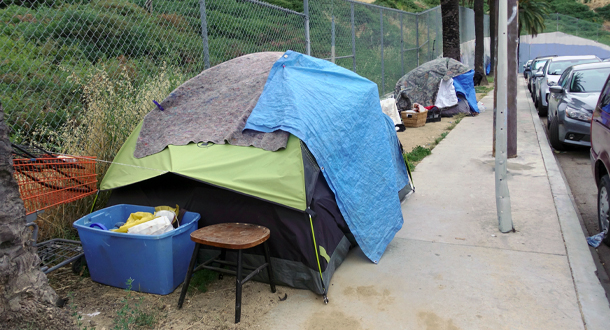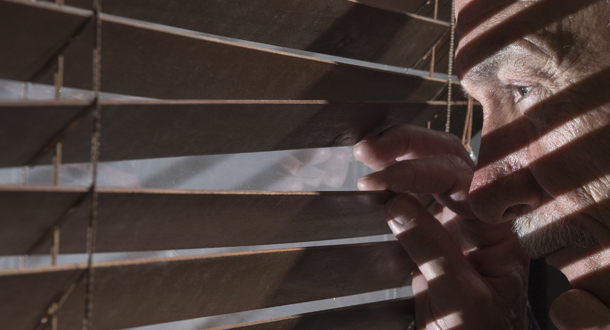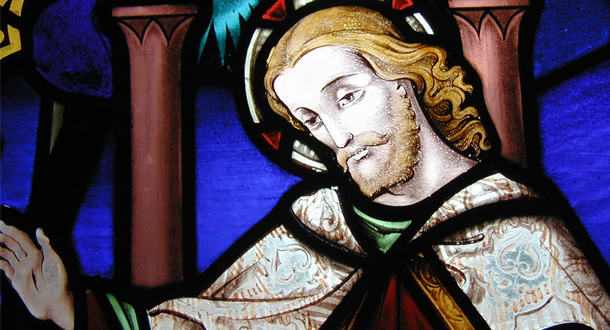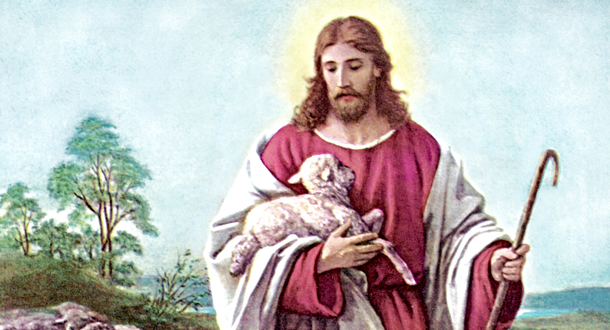 Scripture:
Scripture:
Acts 6:1-7
1 Peter 2:4-9
John 14:1-12
Reflection:
“Home” is a multi-faceted concept. We’ve spent inordinate amounts of time in our homes lately as we shelter in place to protect from the virulent danger outside. Yet the necessity to do so much activity online brings stark realization of the inequities in the homes we live in. In the background of virtual classrooms, webinars, and broadcasts, it is evident that some are spacious, well-lighted, expertly furnished, and free of dust and stains. Others are small and confining, darkly lit, holding patched or well-worn couches, and marked by the dirt and grime of life.
For some, home is comforting and safe. Other homes groan under the weight of family dysfunctions, loneliness, boredom, and depression. And there are those who have no home at all, a phenomenon that grows as people lose jobs, “couch surfing” is impossible, and even begging on the streets yields nothing but an empty pail.
The early disciples acted to rectify inequalities in distribution, prayerfully appointing respected members of the community to make sure everyone got what they needed. They were determined to be Jesus Christ, embodiment of “the Father,” to everyone who came to them. In addition to a suitable earthly dwelling, they worked to provide the kind of “home” that Jesus taught about – one not made by human hands. In the dwelling place of God, each one of us has a room. There we truly belong and are accepted as we are, with no outcasts, no condemnation, and no shame. God demands no credit or background check, no verifiable income, no guarantor on a loan, and no monthly payments.
Just as it was in the early church, this crisis has brought so many inequalities to the fore, much of it made by human hands. So many people suffer because they lack the true physical and spiritual sense of “home”. The Gospel challenges me to think of ways that I can use the resources I have to change that in even a small way. What can I do to help provide food, safety net, healthcare, solace, and sense of belonging to those who have so little? How can I be Christ to others? What can we do as individuals and communities to work toward addressing the suffering?
The issues are overwhelming and growing more so the longer this crisis lasts. I can’t solve it, but I cannot be still. I can make a difference. So can you. Remember, Jesus told us, “Whoever believes in me will do the works that I do, and will do greater than these.” What are we waiting for?
Amy Florian is a teacher and consultant working in Chicago. For many years she has partnered with the Passionists. Visit Amy’s website: http://www.corgenius.com/.


 Scripture:
Scripture:  Scripture:
Scripture: Scripture:
Scripture: Scripture:
Scripture: Scripture:
Scripture: Scripture:
Scripture: